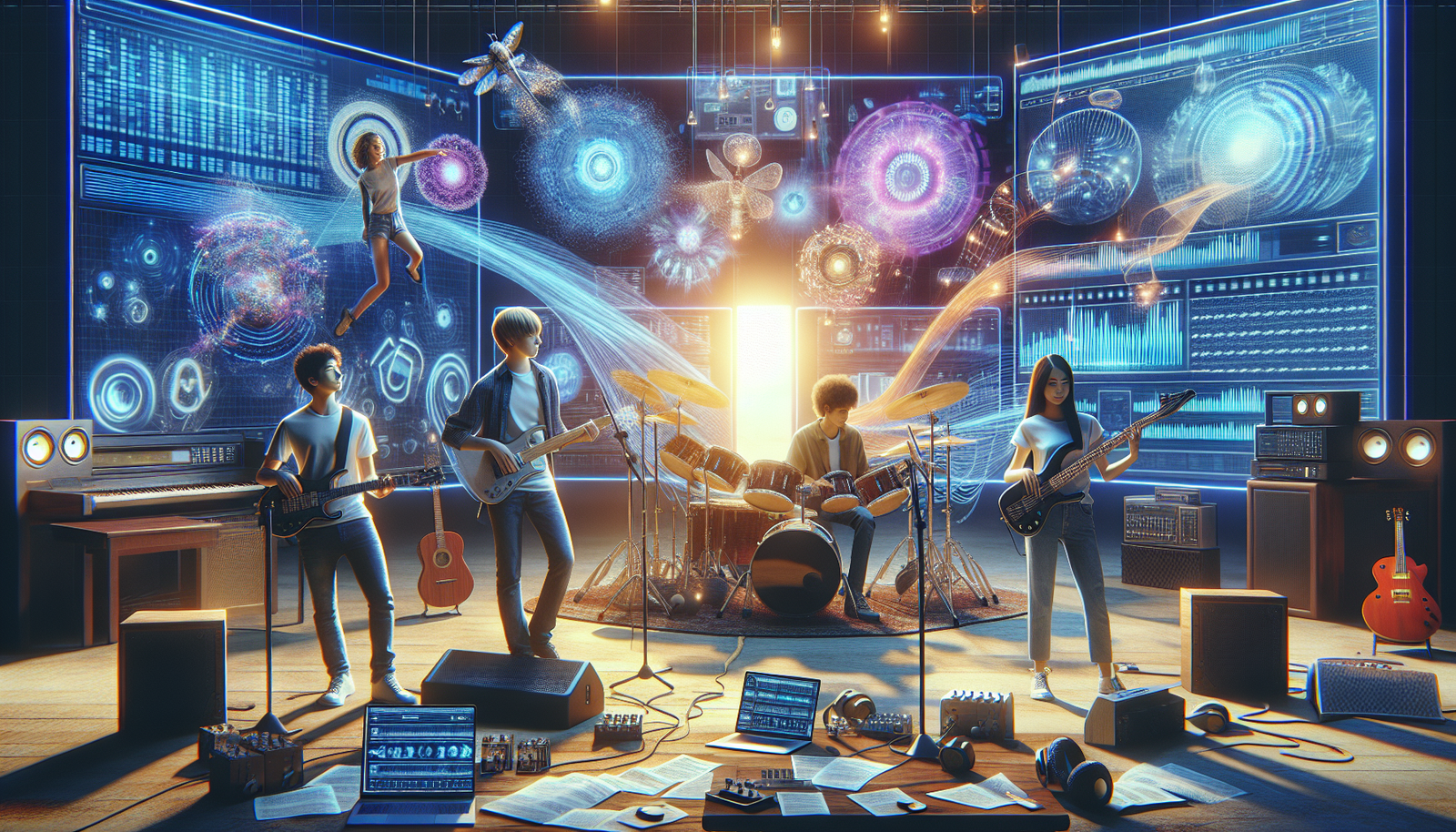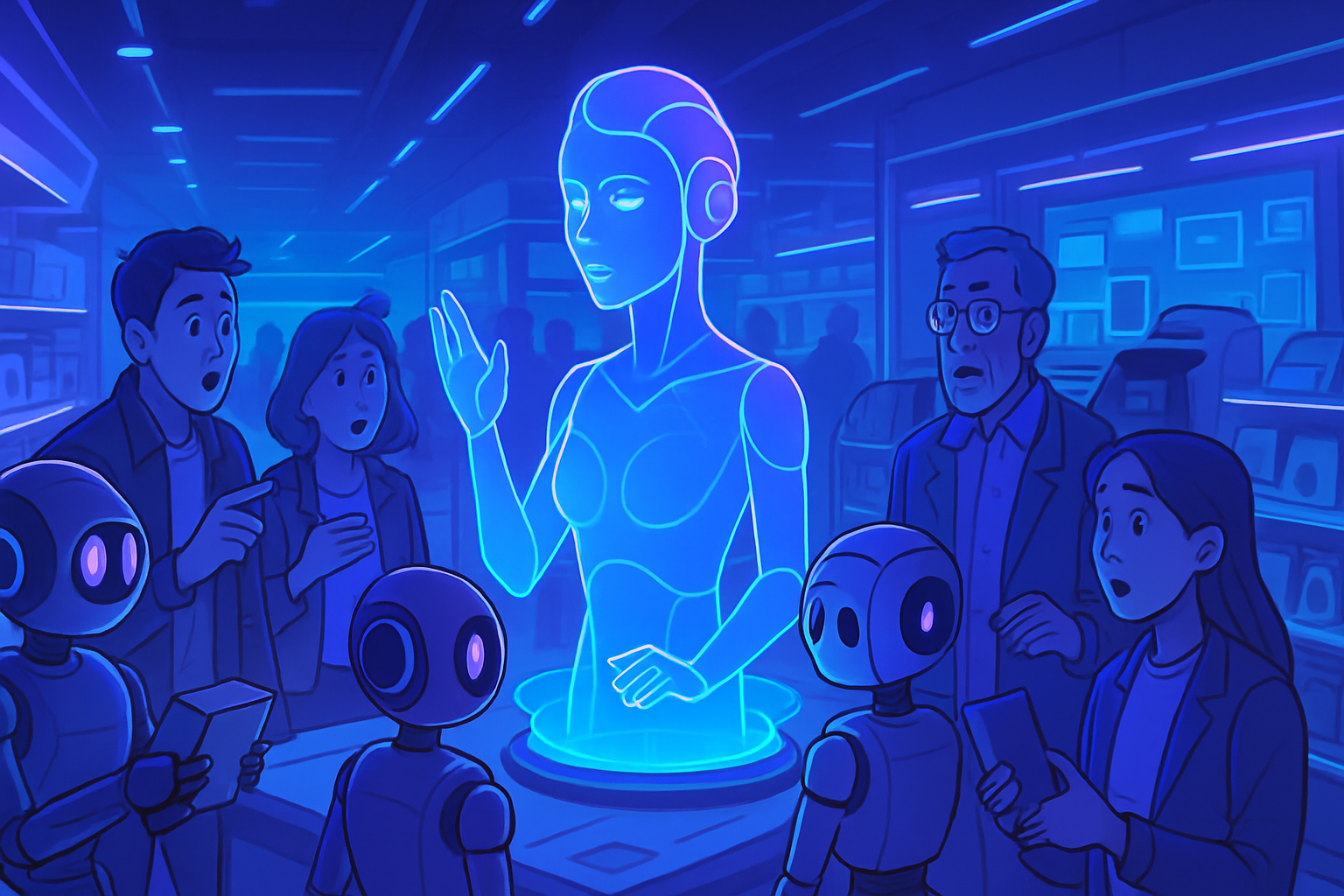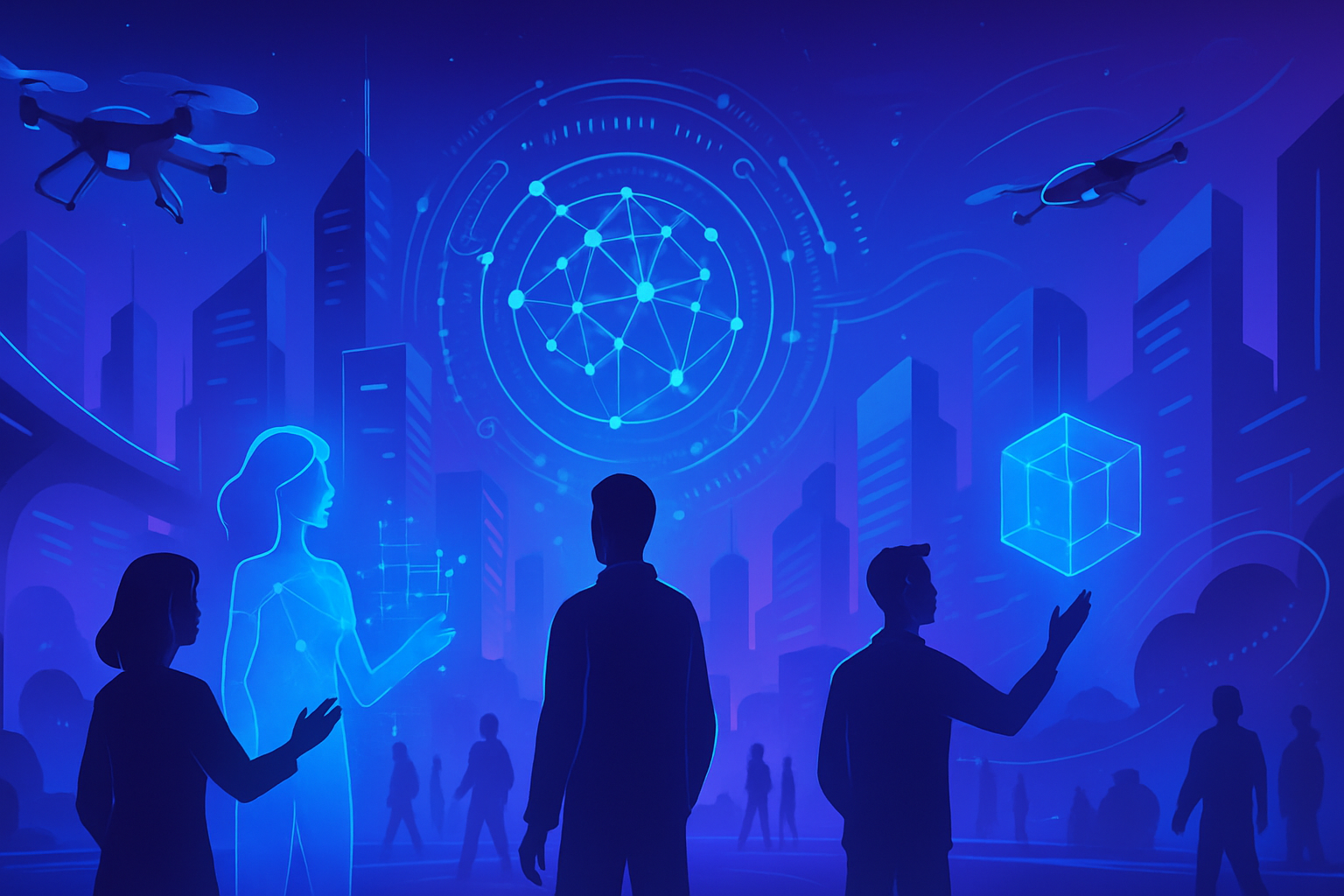Suno V4 reinvents musical creation through artificial intelligence, raising pressing ethical and legal questions. This technological advancement promises unparalleled sound quality and unprecedented vocal authenticity, challenging traditional standards. Its boldness has attracted the attention of industry giants, faced with inevitable legal challenges and concerns over copyright. *The implications of this innovation* go beyond the mere artistic framework, questioning the very foundations of intellectual property. A new era is emerging, blending creativity and legal regulation in a constantly changing musical landscape.
Suno V4 and Its Technological Advancements
The latest version of the AI-assisted music generator from Suno, V4, offers significant improvements. Users benefit from markedly superior sound quality, with voices displaying impressive realism. This development allows for the composition of longer songs, suited to various musical genres, all while giving productions a more natural feel.
V4 corrects the shortcomings of the previous version, V3, which had a somewhat robotic tone. This new iteration achieves unprecedented realism, making it difficult to distinguish between creations generated by AI and those created by human artists. This technical progress enables professionals, such as content creators and video game developers, to quickly produce high-quality soundtracks.
Exciting New Features of Suno V4
Suno V4 does not limit itself to enhancing sound quality. It also introduces innovative features. The remastering allows existing tracks to be improved, benefiting users who wish to breathe new life into their old musical creations. This advancement is among the many innovative production processes assisted by AI.
The features of covers and personas are also noteworthy. Covers allow interpreting existing works from a new perspective, enriching and diversifying the musical repertoire. Personas, on the other hand, create a unique musical universe for each virtual artist profile, fostering a personal and distinct artistic approach.
An assistant named ReMi accompanies users in the creative process. This revolutionary tool is dedicated to lyric writing, providing relevant suggestions to refine users’ lyrical writing. Its presence enhances the collaborative dimension of AI-assisted musical creation.
Legal Challenges Faced by Suno
Despite its advancements, Suno faces significant legal issues. Music industry giants such as Sony Music Entertainment, Warner Music Group, and Universal Music Group have initiated lawsuits against the company. These actions allege copyright violations, highlighting growing concerns regarding intellectual property.
The claims made by these music majors raise difficult questions regarding the ethics of using artificial intelligence in musical creation. The slow pace of official regulations contrasts with the rapid evolution of these technologies. Thus, the protection of the rights of original artists becomes a major issue in the face of the emergence of tools capable of reproducing their works.
Despite these legal challenges, Suno continues to attract a wide range of enthusiasts and professionals. Over 70,000 users are attentive to the updates provided by the platform. Its business model, including accessible pricing plans, contributes to its growing popularity within the music community.
Frequently Asked Questions Guide on Suno V4: A Revolution in AI Music Creation Facing Legal Challenges
What are the main improvements brought by Suno V4 compared to its previous versions?
The V4 version offers significantly improved sound quality, more natural voices, and the ability to compose longer songs. It overcomes the limitations of V3, particularly the robotic tone, allowing productions to be indistinguishable from those of human artists.
How does Suno V4 manage copyright in AI-generated musical creation?
Suno is currently facing lawsuits from several music industry majors, raising questions about ethics and copyright compliance. The company claims that training its model on protected music may fall under “fair use.”
What new features does Suno V4 offer?
Features include the remastering of existing tracks, the creation of musical covers, and the integration of personas for a unique personalized experience, as well as an assistant named ReMi to help with lyric writing.
Is Suno V4 accessible to music amateurs and professionals?
Yes, Suno V4 offers an attractive pricing model with accessible plans, allowing a wide audience to benefit from its advanced technologies.
What types of creative applications can be made with Suno V4?
Users can create soundtracks for marketing videos, video games, as well as custom musical compositions for special events, thanks to the software’s flexibility.
How has Suno V4 been received by the music community?
Despite the legal challenges, Suno continues to attract many professionals and amateurs, with over 70,000 users actively following the platform’s updates.
What are the ethical concerns related to the use of Suno V4 in musical creation?
Concerns primarily revolve around the protection of artists’ rights in the face of systems capable of reproducing their works, and the lack of regulations adapted to the rapid evolution of technology.
Is it possible to improve tracks created with earlier versions of Suno?
Yes, the remastering feature allows for improvements in the quality of tracks created with the previous version (V3), providing a means to enhance earlier compositions.






